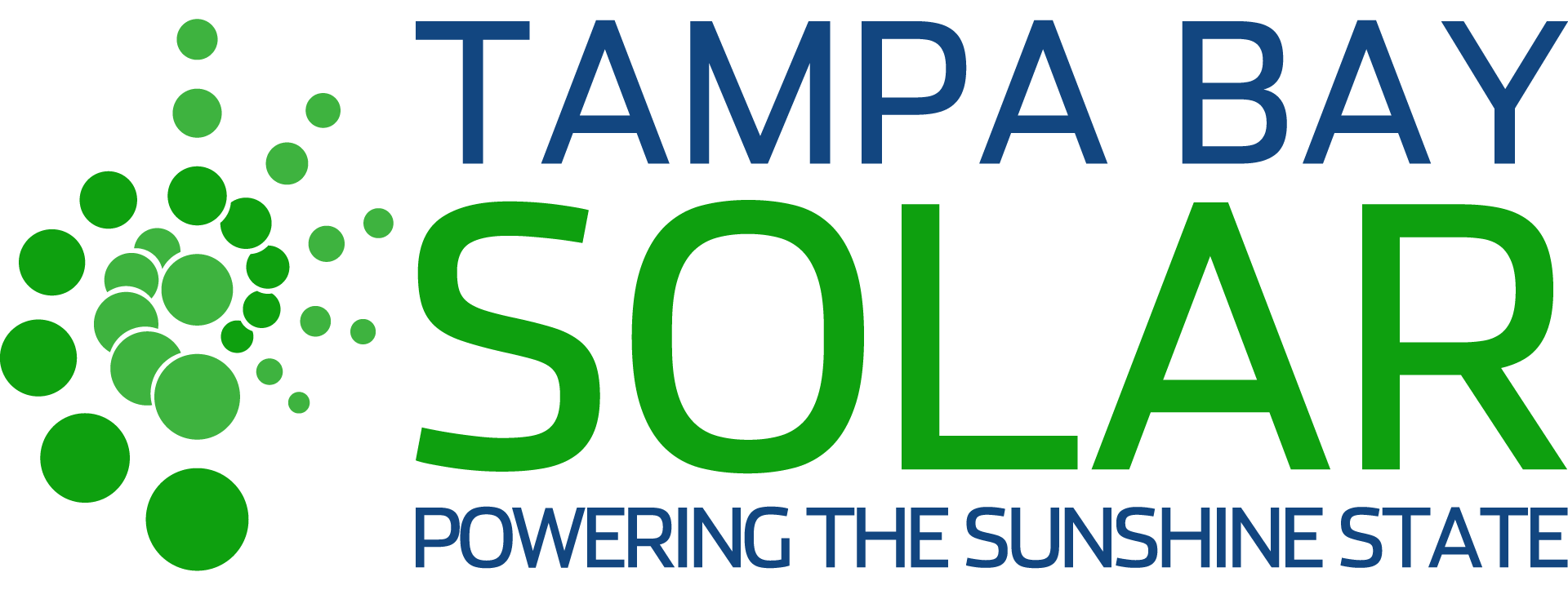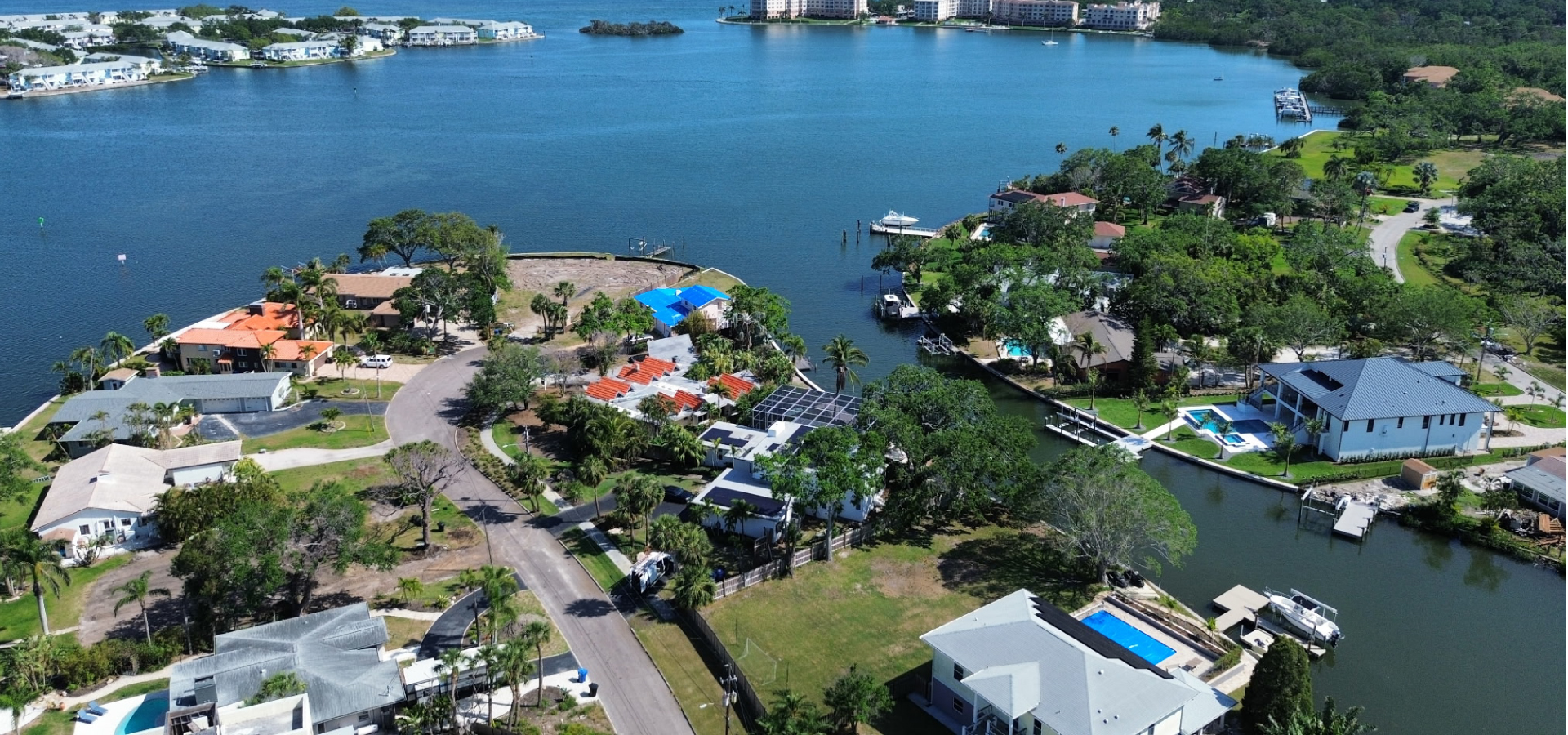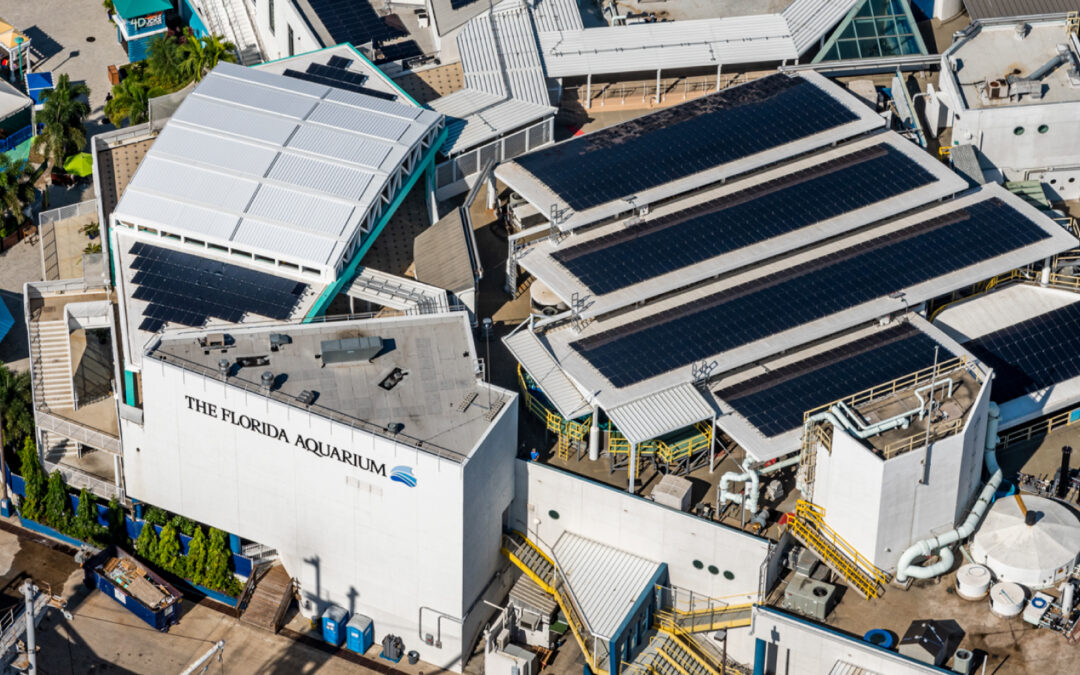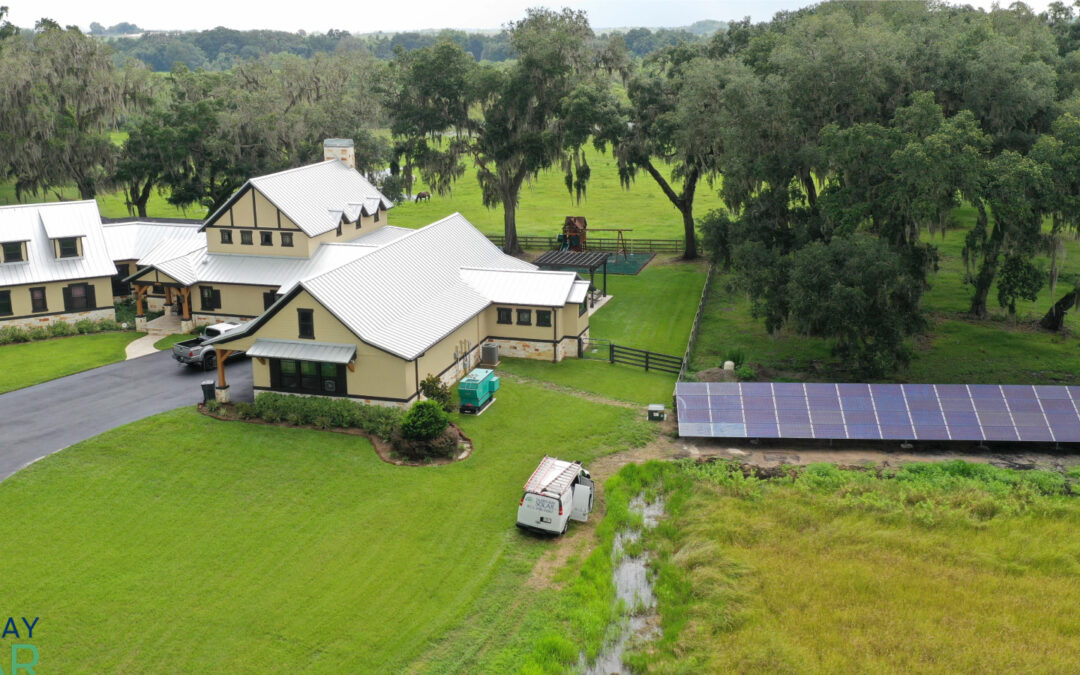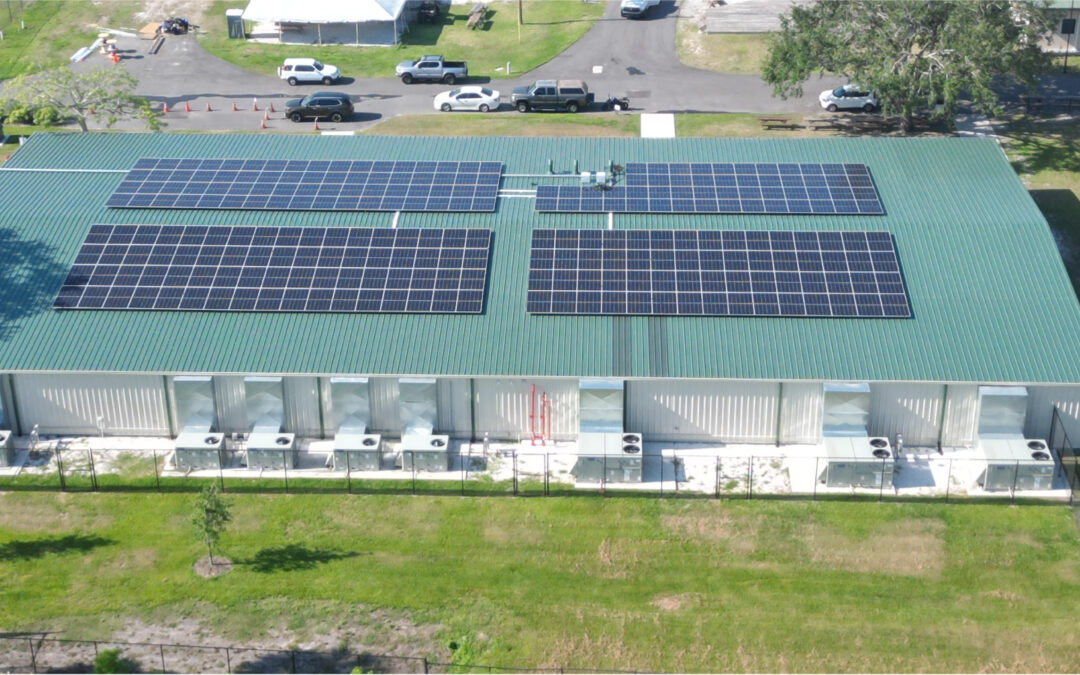As cities grow rapidly, planners must create environments that are both comfortable to live in and environmentally friendly. Solar energy plays a big role in this change. Adding solar panels to buildings and incorporating solar power into city planning helps save energy, clean the air, and enhance city resilience during power outages. This article looks at how solar energy is helping build cleaner and smarter cities.
Reducing urban carbon emissions :
Solar energy helps reduce greenhouse gas emissions. Most city power still comes from fossil fuels, which drive climate change. By switching to clean, renewable solar power, cities can significantly lower their carbon footprint. Adding solar power to city planning helps create cleaner energy, protect the environment, and improve public health.
Integrating cost-efficient energy solutions :
Urban planners are increasingly turning to solar technology to provide long-term energy cost savings. Thanks to better and cheaper solar panels, it’s now easier than ever to install rooftop systems on homes, businesses, and government buildings. Strategically placing solar panels as part of urban design reduces dependence on centralized power grids. It provides affordable energy for both homes and businesses, helping cities save money and reduce their reliance on grid power.
Strengthening energy security and infrastructure :
City offices and businesses rely on stable power to operate without interruption. Solar energy is a smart and flexible way to meet this need. Unlike large power grids that can fail, solar panels can be installed in many places, which helps prevent blackouts. When cities use solar farms, they have a more reliable power supply, even during high demand or emergencies.
Advancing green building design :
Solar energy plays a vital role in modern building design. Cities are now encouraging the addition of solar panels to rooftops and other building surfaces. This helps buildings save energy and meet green standards. Using solar power in buildings helps cities go green, making buildings look better and work more efficiently.
Enhancing air quality in dense areas :
Urban air pollution remains a significant concern, primarily driven by vehicle emissions and the generation of energy from fossil fuels. Transitioning to solar energy helps mitigate this issue by minimizing the burning of carbon-intensive fuels. Urban plans that incorporate solar power contribute to cleaner air, which in turn reduces respiratory health problems and enhances the overall quality of life in congested city environments.
Supporting eco-friendly transportation :
Solar energy also meaningfully intersects with transportation planning. Solar-powered infrastructure, including streetlights, traffic signals, electric vehicles (EVs), and charging stations, reduces energy consumption from traditional grid sources. Adding solar to transit planning reduces costs and supports the transition to EVs and other green transportation, leading to cleaner, more efficient travel.
Powering public green spaces :
Sometimes, simple ideas do wonders. Solar panels in parks, for example, can power lights, water features, and even public restrooms without running up the electric bill. It’s not flashy, but it works. Cities that plan with solar energy can keep these spaces running smoothly and reduce energy use with minimal effort.
Helping the economy grow :
Solar energy generates jobs and supports local economic growth. Urban development projects that embrace solar energy support industries such as manufacturing, installation, maintenance, and technology innovation. Planners who prioritize solar-friendly policies can attract investment, nurture green startups, and diversify the local economy, creating long-term value for urban populations.
Future-ready cities with solar :
Solar energy helps cities become cleaner, more cost-effective, and better prepared for the future. It’s a smart part of modern city planning.
Tampa Bay Solar is assisting communities to take the next step with trusted solar solutions for tomorrow’s needs.
Our Service Areas
Hillsborough County: Tampa, Brandon, Riverview, Valrico, Plant City, Apollo Beach, Sun City Center
Pinellas County: St. Petersburg, Clearwater, Largo, Pinellas Park, Dunedin, Tarpon Springs, Seminole
Manatee County: Bradenton, Palmetto, Lakewood Ranch, Ellenton, Holmes Beach
Sarasota County: Sarasota, Venice, North Port, Osprey, Nokomis, Englewood
Pasco County: Wesley Chapel, New Port Richey, Zephyrhills, Dade City, Land O’ Lakes, Hudson
